The Minister of Home Affairs will speak to explain and clarify a number of issues raised by National Assembly deputies related to the draft Law on Organization of Local Government (amended).
Amending and supplementing 2 groups of contents in the 2013 Constitution
The National Assembly Standing Committee said that after more than 11 years of implementation, the provisions of the 2013 Constitution have created an important constitutional basis for perfecting the organization and operation of the political system.
In addition to the achieved results, the implementation of the provisions of the Constitution and laws related to the Fatherland Front , socio-political organizations and local authorities still has a number of issues that need to be further improved to meet the practical requirements of national development.
Some functions and tasks of the Vietnam Fatherland Front have not been fully promoted. There are still overlaps and interferences in functions and tasks, and overlaps in the objects of mobilization and gathering in some member organizations of the Front. At times and in some places, it is not really close to the grassroots level, and it is not timely to grasp the people's situation.
9th Session, 15th National Assembly
The 3-level local government model has revealed its cumbersome, overlapping, and duplication of tasks and powers, creating many administrative procedures, and has not yet maximized the application of scientific and technological achievements to improve the effectiveness of state management and serve the people and businesses. The existence of many small-scale administrative units has dispersed resources, failed to promote the advantages and potentials of localities for socio-economic development, causing difficulties in planning, rational, economical, and effective use of resources for socio-economic development of the country.
In the above context, our Party has advocated streamlining the organization of the political system to ensure the requirements of being lean, compact, strong, efficient, effective and efficient. Resolution No. 60-NQ/TW of the 11th Conference of the 13th Party Central Committee dated April 12, 2025 agreed on the direction of building a two-level local government organization model, arranging socio-political organizations and mass organizations assigned by the Party and State into the Vietnam Fatherland Front.
Therefore, amending and supplementing a number of articles of the 2013 Constitution at present is extremely necessary, creating a constitutional basis for implementing the revolution of streamlining the organizational apparatus, building, perfecting and improving the efficiency of the political system, meeting the requirements and tasks of rapid and sustainable national development in the new era - the era of striving for strong, prosperous development of the nation.
The National Assembly Standing Committee proposed that the National Assembly consider and decide on amending and supplementing a number of articles of the 2013 Constitution, focusing on two groups of contents.
Specifically, the regulations related to the Vietnam Fatherland Front and socio-political organizations. The regulations in Chapter IX are to implement the two-level local government organization model; at the same time, there are transitional regulations to ensure that local governments operate smoothly and without interruption, in accordance with the roadmap for implementing the arrangement and merger of provincial and commune-level administrative units, without organizing at the district level.
Clearly define the authority of local government at two levels
The Draft Law on Organization of Local Government amends the provisions related to the division of administrative units and the organization of two-level local government. Specifically, the provincial level includes: provinces and cities; the communal level includes: communes, wards and special zones (on islands). For special economic administrative units, the current regulations are maintained as decided by the National Assembly.
On the afternoon of May 14, the Government submitted to the National Assembly the draft Law on Participation in United Nations Peacekeeping Forces and the Law on State Budget (amended). National Assembly deputies discussed in the hall the draft Law on Cadres and Civil Servants (amended).
Local governments at provincial and communal levels both organize People's Councils and People's Committees to ensure a unified government apparatus that operates smoothly from the central to communal levels.
The draft also amends regulations on promoting decentralization, delegation, authorization, and tasks and powers of local authorities at provincial and commune levels.
Accordingly, for provincial-level local authorities: in addition to the tasks and powers of provincial-level local authorities according to current regulations, a number of regulations are added to promote decentralization from the Central Government to provincial-level local authorities, especially in promulgating mechanisms, policies, planning, finance, budget, investment, etc. of localities.
The local government at the commune level performs the tasks and powers of the current local government at the district and commune levels; and is allowed to issue legal documents to decide on issues within the authority, scope and management tasks of the local government at the commune level (new);
The draft stipulates that provincial-level local authorities are responsible for promoting decentralization and delegation of authority to commune-level local authorities, especially promoting decentralization and delegation of authority to ward-level local authorities in the field of urban management and development; promoting decentralization and delegation of authority to special-zone local authorities to grant autonomy in deciding on issues to ensure independence, sovereignty, and national territorial integrity in sea and island areas.
Regarding organization, the provincial-level local government basically maintains the current regulations, only increasing the number of provincial-level People's Council delegates in accordance with the merger of provincial-level administrative units.
At the commune level, the draft law stipulates the organizational structure of the People's Council and People's Committee at the commune level (commune, ward, special zone): The People's Council at the commune level has 2 Committees: the Legal Committee and the Economic - Social Committee; The People's Committee at the commune level is allowed to organize specialized agencies, other administrative organizations or arrange specialized civil servant positions to advise and assist the People's Committee at the commune level in managing sectors and fields in the area in accordance with the scale of the commune-level administrative unit (new) according to the Government's regulations.
According to VOV
Source: https://baothanhhoa.vn/quoc-hoi-thao-luan-ve-sua-hien-phap-va-to-chuc-chinh-quyen-dia-phuong-248646.htm


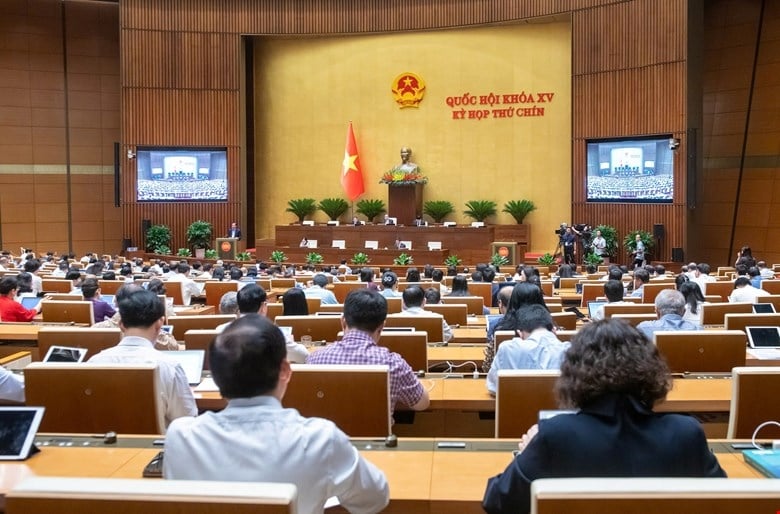


![[Photo] The Government Standing Committee works with ministries and branches on the real estate market situation.](https://vphoto.vietnam.vn/thumb/1200x675/vietnam/resource/IMAGE/2025/5/24/e9b5bc2313d14c9499b8c9b83226adba)


![[Photo] Ho Chi Minh City holds funeral for former President Tran Duc Luong](https://vphoto.vietnam.vn/thumb/1200x675/vietnam/resource/IMAGE/2025/5/24/9c1858ebd3d04170b6cef2e6bcb2019e)






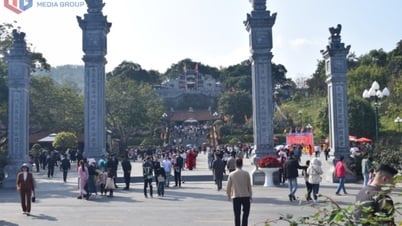












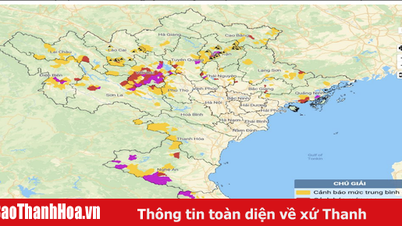
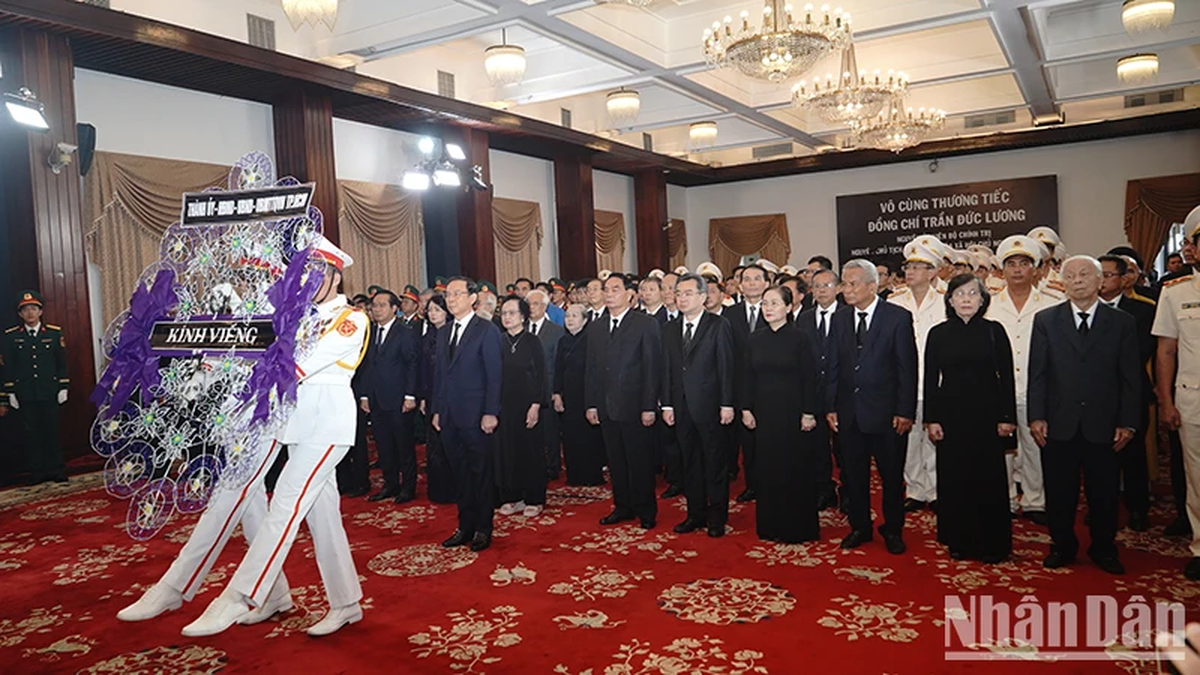

![[Photo] Party and State leaders visit former President Tran Duc Luong](https://vphoto.vietnam.vn/thumb/1200x675/vietnam/resource/IMAGE/2025/5/24/960db9b19102400e8df68d5a6caadcf6)
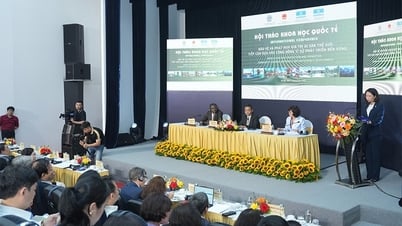



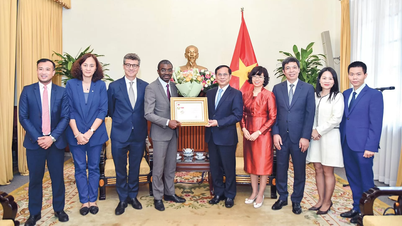











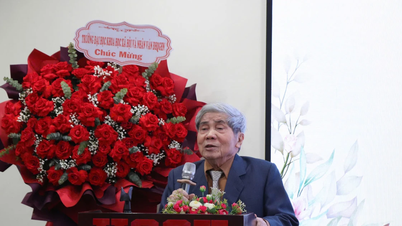
















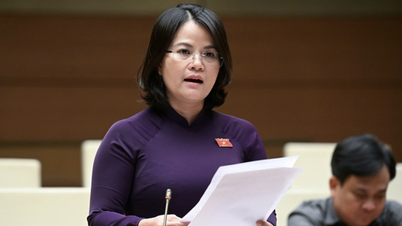
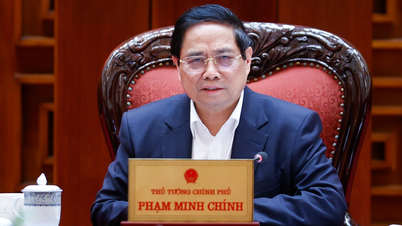
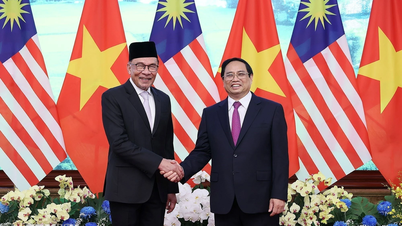
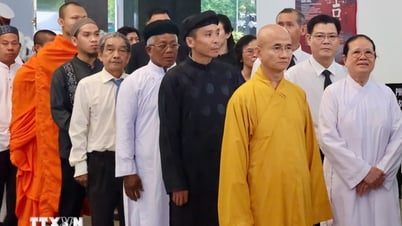





























Comment (0)